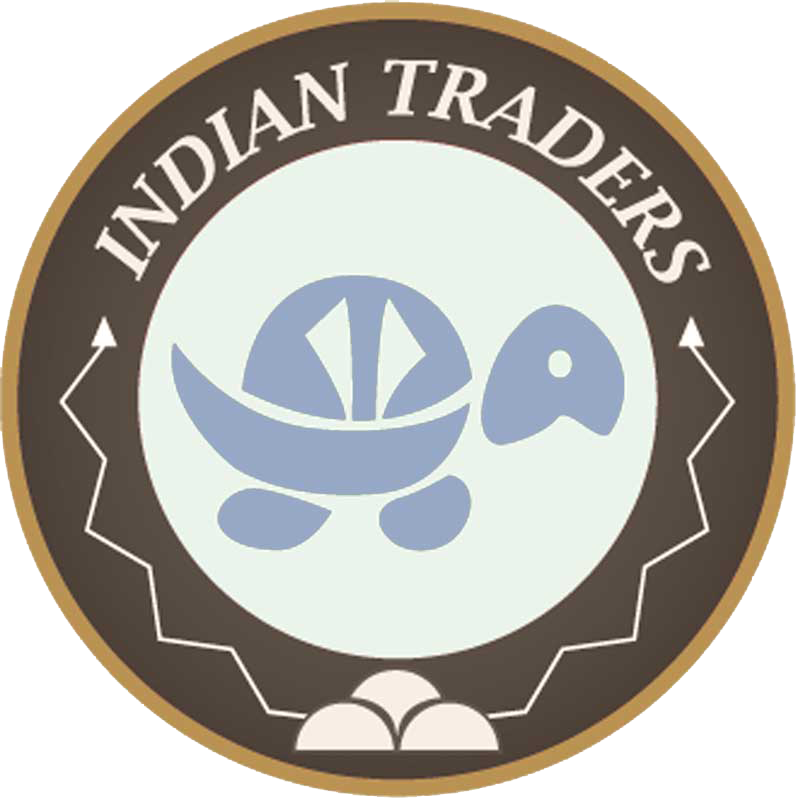For many westerners, when we think of Native Americans and their culture, fromNative American jewelry to the Hollywood-driven stereotypes of peace pipes and teepees, we may think of them as American Indians. This term is considered to be politically-incorrect by some, while others readily accept the term “American Indian”. It’s important to understand the correct terms for these unique diverse, and beautiful peoples. It is an issue not only for how non-Native-Americans refer to First Nations peoples but also how they describe themselves.
Why are Native Americans often referred to as Indians?
Prior to 1500, Europeans referred to the entirety of the Asian sub-continent as India. The term “Indian” was first used to describe the native peoples of the Americas by Christopher Columbus more than five hundred years ago. He was, in fact, searching for India on his travels and thought that was where he had arrived when he came to land in what is now called the West Indies. This led to a blanket term of “Indians” being used to refer to the indigenous inhabitants of the Americas.
Even the earliest European settlers in the Americas understood that the indigenous people were not a homogeneous group, but distinct societies with their own cultures and languages, yet the term “Indian” still persisted.
In actual fact, the indigenous (or First Nations) peoples of the Americas have an array of ways they prefer to describe themselves, and these vary based on their region and their age. The First Nations peoples are very diverse and there is no general consensus on naming.
The Correct Nomenclature
Most indigenous American people prefer to be referred to by their specific nation, for example, Cherokee, Hopi, Iroquois, Sioux, etc. They may also be discussed as part of a broader group, for example, Plains Indians, Pueblo Indians, Algonquin-speaking peoples, etc.
In the last hundred years, many terms that non-native Americans used to refer to these people have become obsolete or are actively being eliminated due to their inappropriate or racist connotations (e.g. Red Indians, Redskins, Squaw, Eskimo, etc). There is no single term accepted by all indigenous groups – and usage varies by region.
In Canada for example, “Indian” remains the legal designation, however, the term is considered offensive if used by non-Natives. “First Nations” is a generally accepted term, while “Indigenous Peoples” is preferred to talk about Alaskan indigenous people who are not considered to be First Nations (as their genetic roots lie with the indigenous peoples of the Arctic, such as the Sami of Finland).
Throughout the United States:
- Many older Native Americans accept the term “Indian”, especially elders who have known nothing else. This has passed down their families.
- Quaint or pejoratively-perceived names are rejected, for example, Inuit people should not be referred to as Eskimos, yet in Alaska, they are as a broad umbrella term for all indigenous groups.
- “Native American” is generally not used to refer to indigenous peoples of Canada or Mexico.
- There are some activists and people of indigenous lineage who actually prefer the term “American Indian” to “Native American”.
Here at Indian Traders, we have utmost respect and appreciation for the First Nations peoples of the Americas and the Native American “Indians”. They are a very unique and diverse group of people with fascinating cultures and societies and we are very proud to showcase authentic merchandise including Native American jewelry from Hopi, Zuni, and Navajo artisans.
